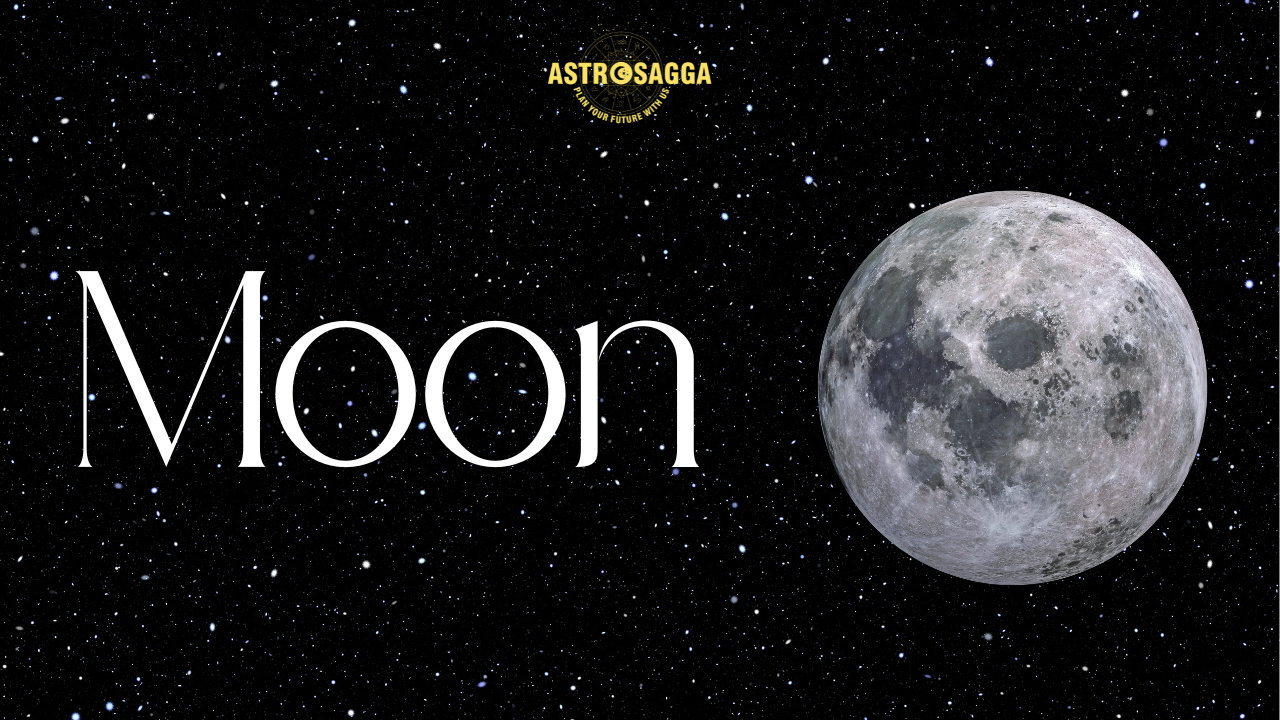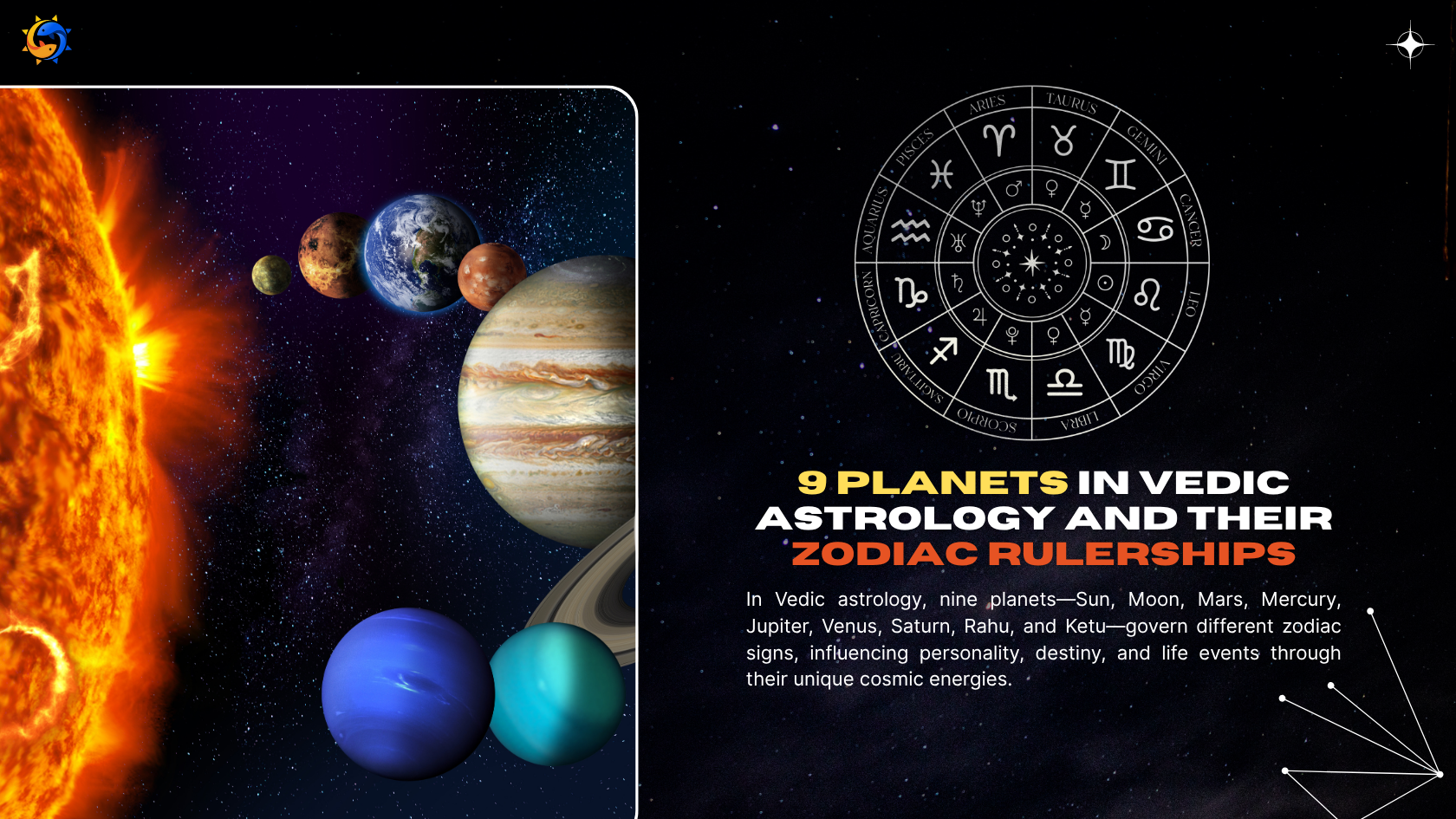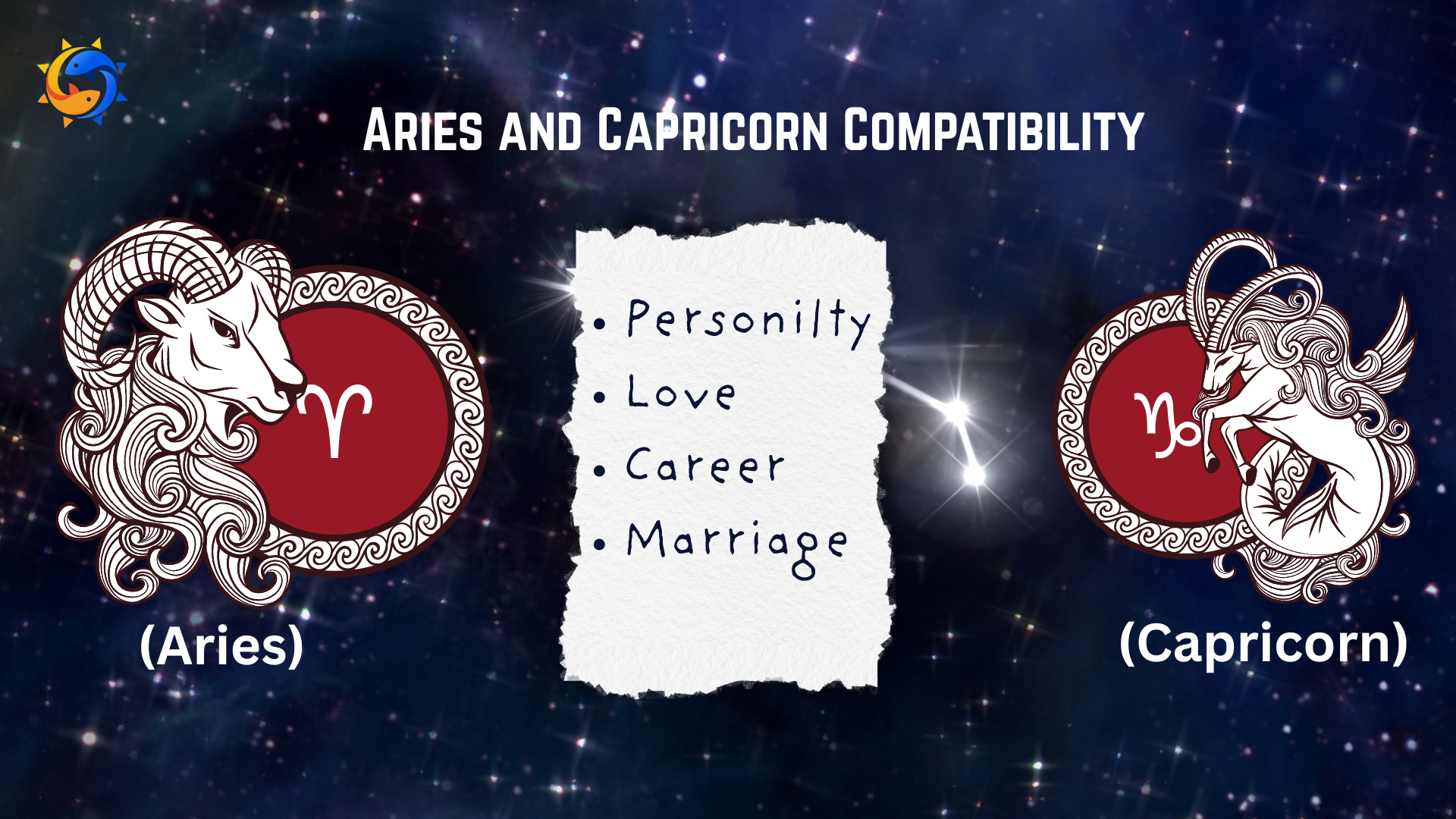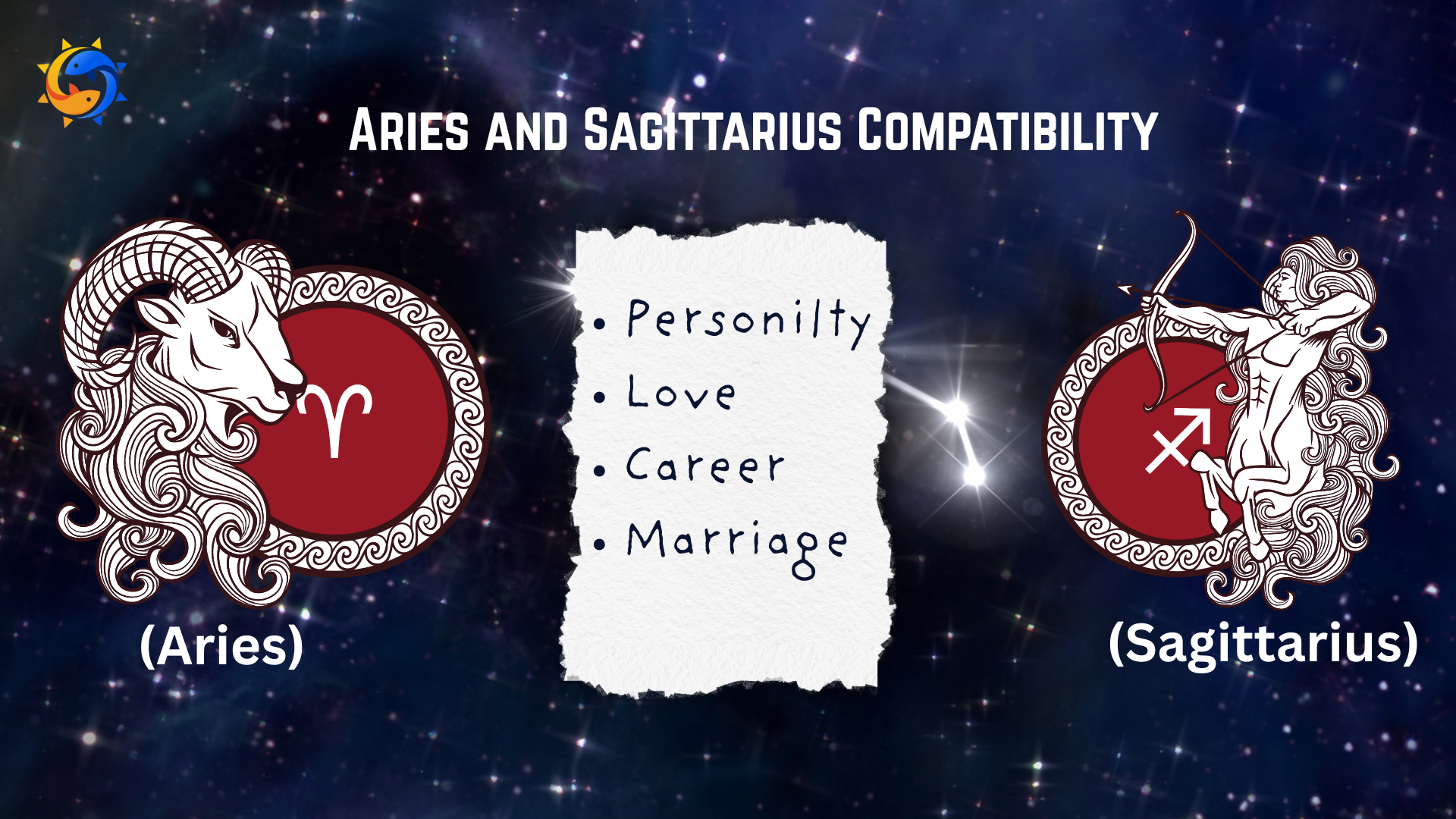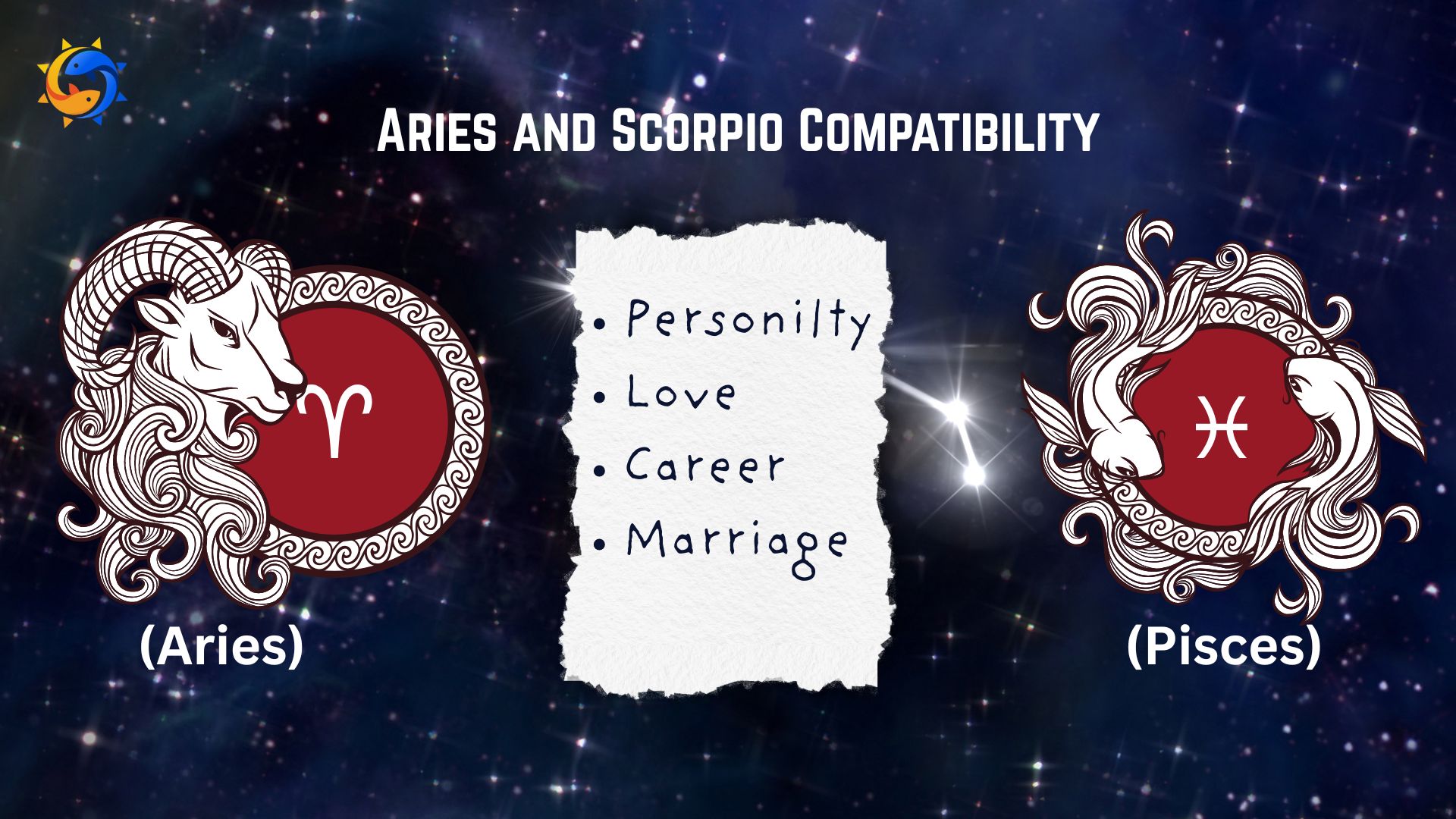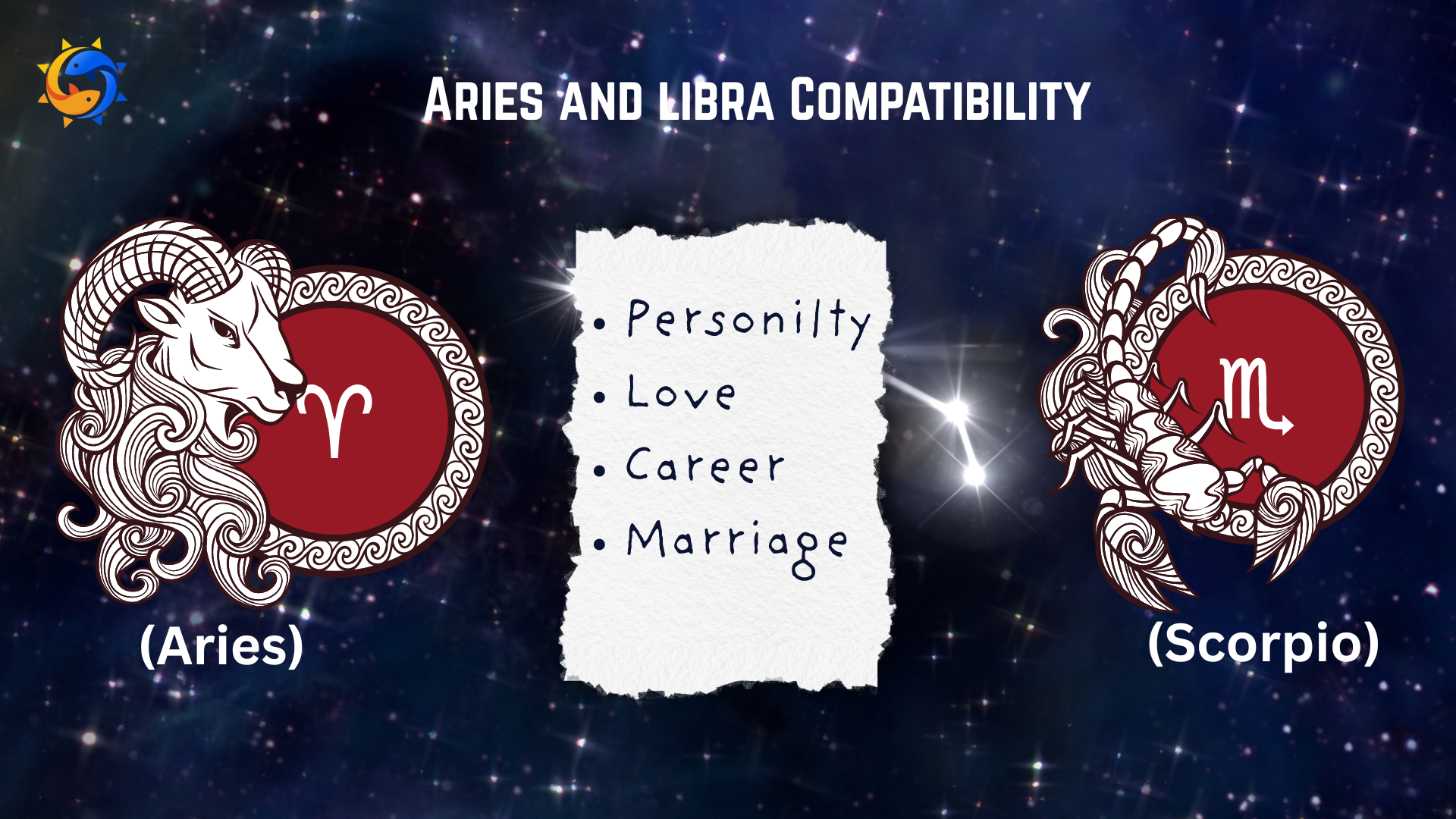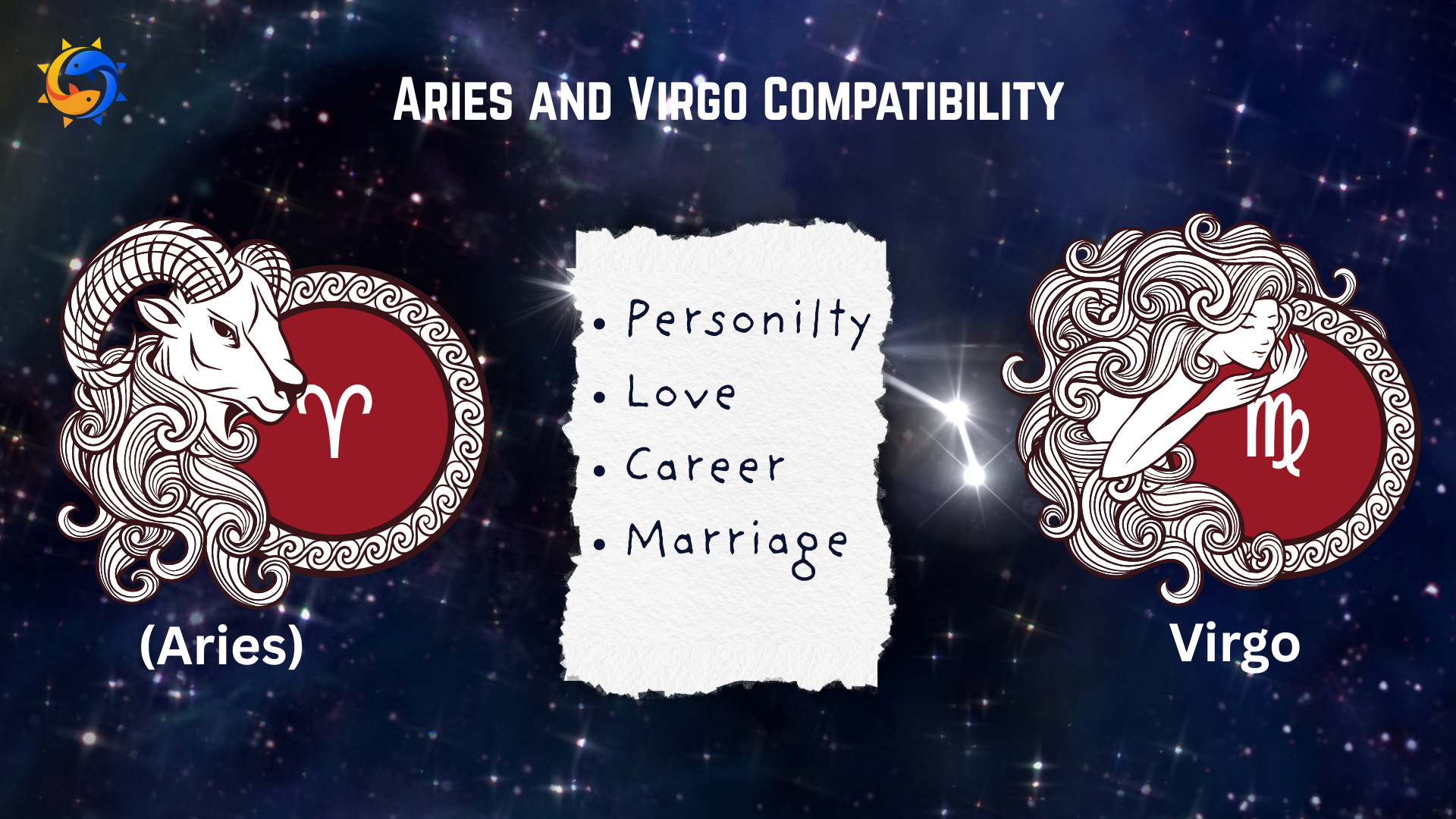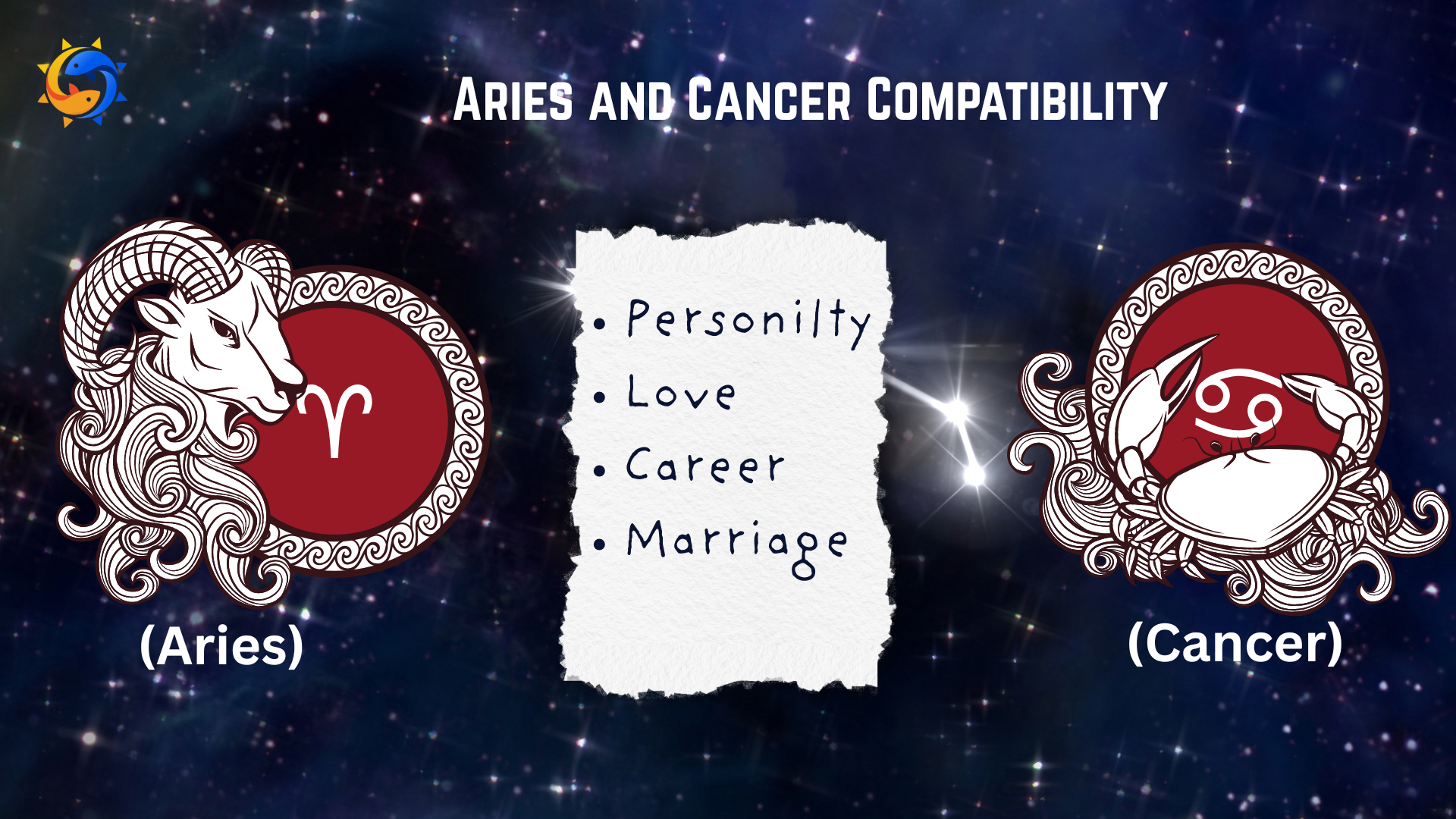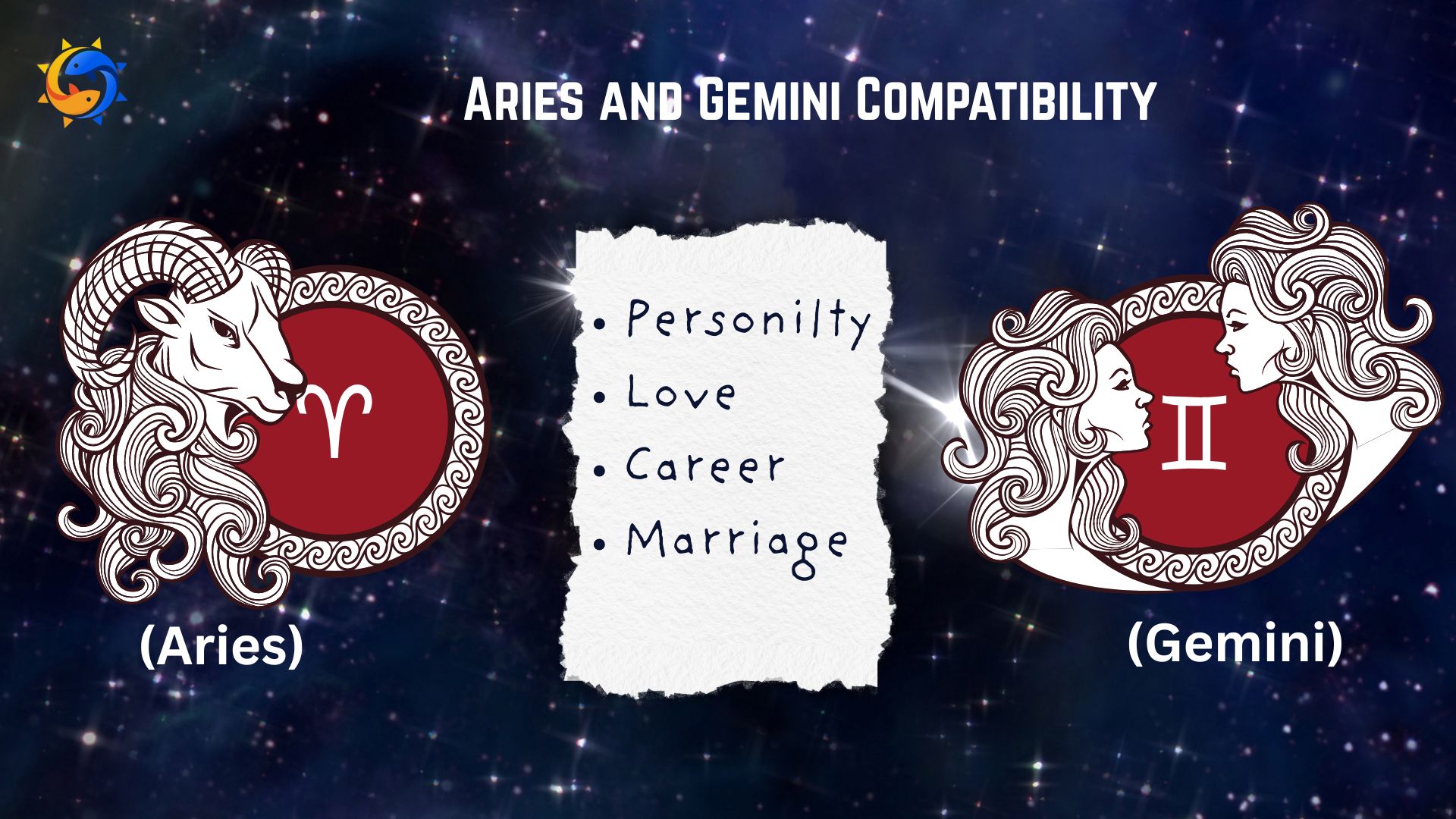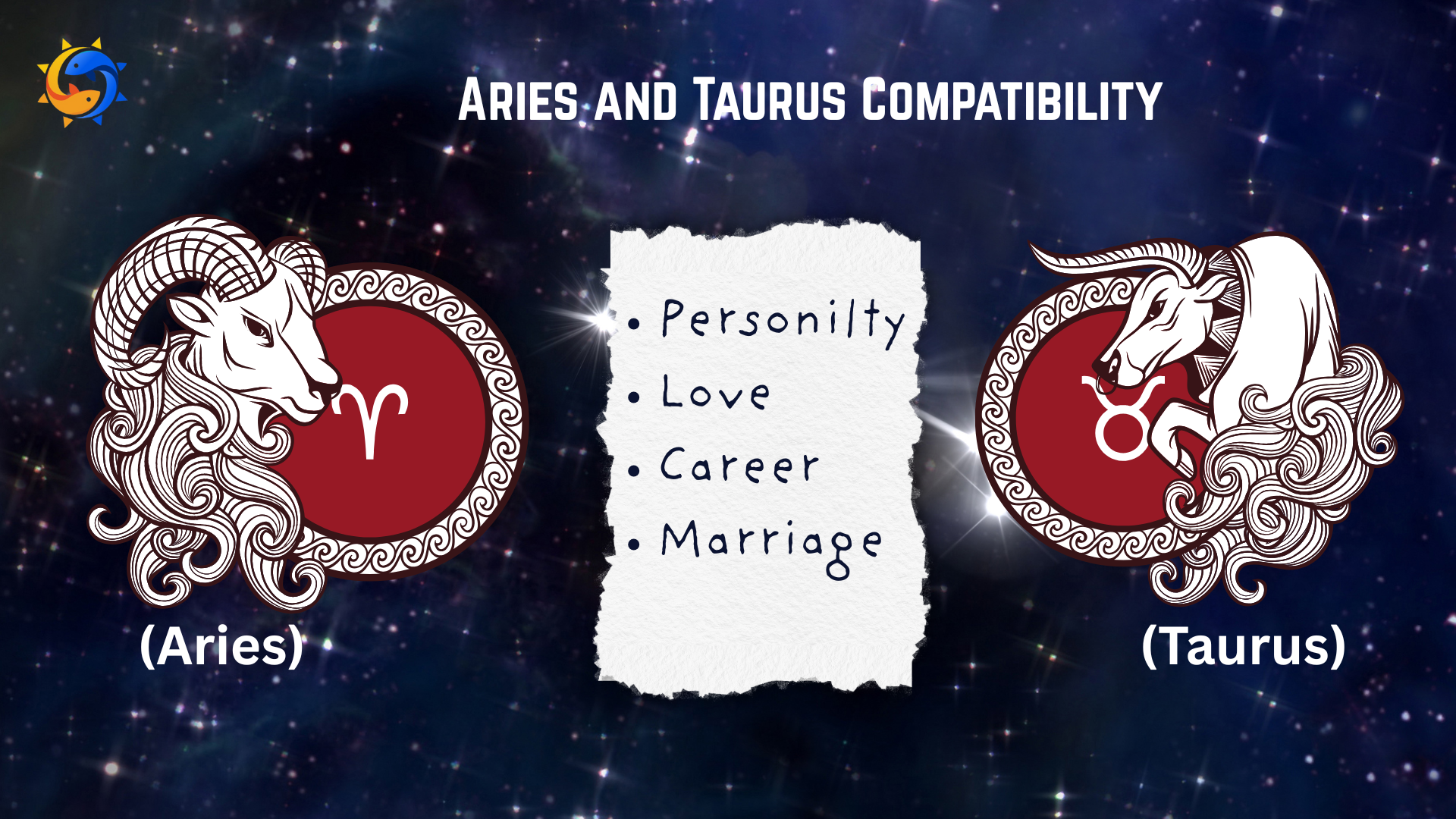In Vedic astrology, the Moon holds a prominent position and is considered one of the most influential celestial bodies. Unlike the Sun, which represents our soul and spirit, the Moon governs our mind, emotions, and subconscious. Its waxing and waning cycles have a profound impact on our mental states and daily lives. This blog will delve into the Moon's significance in Vedic astrology, its role in shaping our personalities, and its influence on various aspects of life.
The Significance of the Moon in Vedic Astrology
In Vedic astrology, the Moon (Chandra) is regarded as the queen of the planetary cabinet, ruling over our emotional and mental realms. It is associated with the mind (Manas) and represents our thoughts, feelings, and emotional responses. The Moon's position in one's natal chart (horoscope) is crucial in determining their psychological and emotional makeup.
The Moon is also the fastest-moving planet in Vedic astrology, completing its journey through the zodiac in approximately 28 days. This rapid movement makes it highly influential in our day-to-day lives, affecting our moods and mental states. The phases of the Moon, from new moon to full moon, symbolize different stages of emotional and psychological development.
The Moon's Role in Shaping Personality
The Moon's placement in a person's natal chart significantly influences their personality traits and emotional tendencies. Here are some key aspects of how the Moon shapes our personalities:
Emotional Sensitivity: The Moon's position determines how sensitive and receptive a person is to their environment. A strong Moon indicates emotional stability and a nurturing nature, while a weak or afflicted Moon can lead to mood swings and emotional turbulence.
Mental Stability: The Moon's influence on the mind affects our mental stability and resilience. A well-placed Moon contributes to a calm and composed mind, while an afflicted Moon can cause anxiety, restlessness, and mental confusion.
Intuition and Imagination: The Moon governs our intuitive abilities and creative imagination. Individuals with a strong Moon often possess heightened intuition and a rich inner world of imagination and dreams.
Nurturing and Care: The Moon is associated with maternal qualities and nurturing instincts. It influences our capacity to care for others and seek comfort and security in relationships.
Read Also - The Role of the Sun (Surya) in Vedic Astrology
The Moon's Influence on Various Aspects of Life
The Moon's impact extends beyond personality traits and emotions. It plays a vital role in various aspects of life, including health, relationships, career, and spiritual growth. Let's explore how the Moon affects these areas:
Health and Well-being
The Moon's influence on health is profound, as it governs the mind and emotions. Mental and emotional well-being directly affect physical health. Here are some ways the Moon impacts health:
Mental Health: A strong and well-placed Moon contributes to mental peace and emotional balance, reducing the risk of mental health issues such as depression and anxiety.
Sleep Patterns: The Moon's phases influence sleep patterns. The full moon and new moon phases can disrupt sleep, leading to insomnia or vivid dreams.
Digestive Health: The Moon's connection to the water element affects the body's fluids, including digestion. An afflicted Moon can lead to digestive disorders and issues related to water retention.
Relationships and Family
The Moon's nurturing and caring qualities play a significant role in relationships and family dynamics. Its influence on emotional bonds and connections is evident in the following ways:
Emotional Compatibility: The Moon's placement in the natal charts of partners indicates emotional compatibility and understanding. Harmonious Moon positions foster strong emotional bonds and empathy in relationships.
Family Life: The Moon represents the mother and maternal influences. It signifies the quality of family life, the relationship with the mother, and the nurturing environment in the household.
Parenting: A strong Moon in a parent's chart indicates nurturing instincts and the ability to provide emotional support to children.
Career and Professional Life
While the Sun represents one's career and professional success, the Moon's influence cannot be overlooked. The Moon affects career choices and professional life in the following ways:
Emotional Fulfillment: The Moon's placement indicates the need for emotional fulfillment in one's career. Individuals with a strong Moon seek careers that provide emotional satisfaction and a sense of purpose.
Work Environment: The Moon's influence on the work environment reflects the need for a harmonious and supportive workplace. An afflicted Moon can lead to dissatisfaction and emotional stress at work.
Creativity and Intuition: The Moon's connection to creativity and intuition makes it influential in professions requiring imaginative and intuitive skills, such as art, writing, and counseling.
Spiritual Growth
The Moon's role in spiritual growth is significant, as it governs the mind and emotions, which are integral to spiritual practices. The Moon's influence on spiritual development includes:
Meditation and Introspection: The Moon's calming and soothing qualities aid in meditation and introspection, helping individuals connect with their inner selves.
Emotional Purification: The Moon's phases symbolize cycles of emotional purification and renewal. Engaging in spiritual practices during specific Moon phases can enhance emotional healing and growth.
Intuitive Guidance: The Moon's connection to intuition and psychic abilities supports spiritual seekers in receiving intuitive guidance and insights.
The Moon's Phases and Their Astrological Significance
The Moon's phases, from new moon to full moon and back, have distinct astrological significance. Each phase represents a different stage of emotional and psychological development:
New Moon: The new moon symbolizes new beginnings and fresh starts. It is an ideal time for setting intentions, starting new projects, and planting seeds for future growth.
Waxing Crescent: The waxing crescent phase signifies growth and expansion. It is a time to take action and move forward with plans and goals.
First Quarter: The first quarter phase represents challenges and obstacles. It is a time to overcome hurdles and make necessary adjustments to stay on course.
Waxing Gibbous: The waxing gibbous phase signifies refinement and preparation. It is a time to fine-tune plans and make final preparations before completion.
Full Moon: The full moon symbolizes culmination and fulfillment. It is a time of heightened emotions, illumination, and manifestation of desires.
Waning Gibbous: The waning gibbous phase represents gratitude and reflection. It is a time to express gratitude for achievements and reflect on lessons learned.
Last Quarter: The last quarter phase signifies release and letting go. It is a time to release what no longer serves and make space for new opportunities.
Waning Crescent: The waning crescent phase symbolizes rest and renewal. It is a time to rest, recharge, and prepare for the next cycle of growth.
The Moon's Influence in Different Houses
In Vedic astrology, the Moon's placement in different houses of the natal chart has unique effects on various aspects of life. Here is a brief overview of the Moon's influence in each house:
1st House (Ascendant): The Moon in the first house affects one's personality and physical appearance. It indicates emotional sensitivity and a nurturing nature.
2nd House: The Moon in the second house influences finances and family values. It signifies emotional attachment to wealth and family.
3rd House: The Moon in the third house affects communication and relationships with siblings. It indicates emotional expression and intuitive communication.
4th House: The Moon in the fourth house signifies the home and mother. It represents emotional security and a strong connection to family roots.
5th House: The Moon in the fifth house affects creativity and romance. It indicates emotional fulfillment through creative expression and love affairs.
6th House: The Moon in the sixth house influences health and daily routines. It signifies emotional responses to work and health matters.
7th House: The Moon in the seventh house affects partnerships and marriage. It indicates emotional bonding and harmony in relationships.
8th House: The Moon in the eighth house signifies transformation and occult knowledge. It represents emotional depth and interest in mystical subjects.
9th House: The Moon in the ninth house affects spirituality and higher education. It signifies emotional connection to spiritual beliefs and learning.
10th House: The Moon in the tenth house influences career and public image. It represents emotional attachment to professional success and recognition.
11th House: The Moon in the eleventh house affects friendships and social networks. It signifies emotional fulfillment through social connections and group activities.
12th House: The Moon in the twelfth house signifies spirituality and hidden matters. It represents emotional introspection and interest in spiritual practices.
Conclusion
The Moon in Vedic astrology holds immense significance in shaping our personalities, emotions, and various aspects of life. Its influence on mental and emotional well-being, relationships, career, and spiritual growth is profound. Understanding the Moon's role in our natal charts can provide valuable insights into our emotional nature and guide us in navigating life's challenges and opportunities. By aligning with the Moon's phases and its placement in our charts, we can harness its energy to achieve emotional balance, personal growth, and fulfillment.


